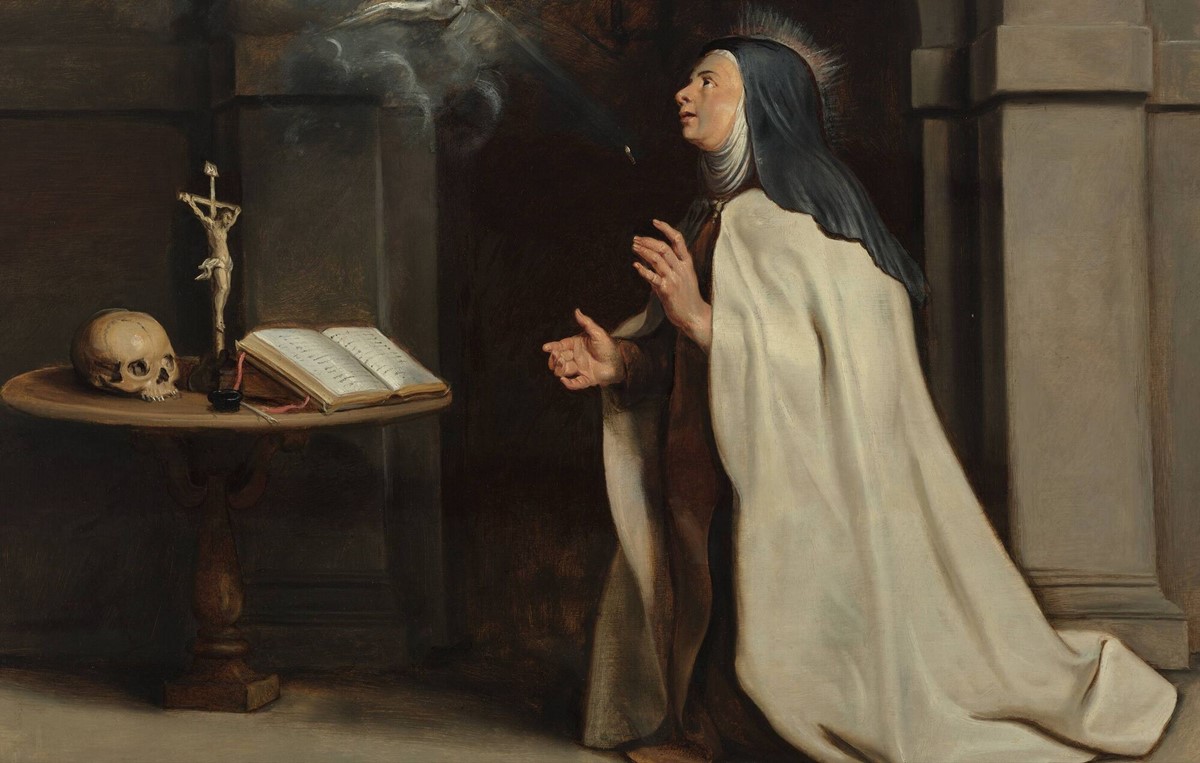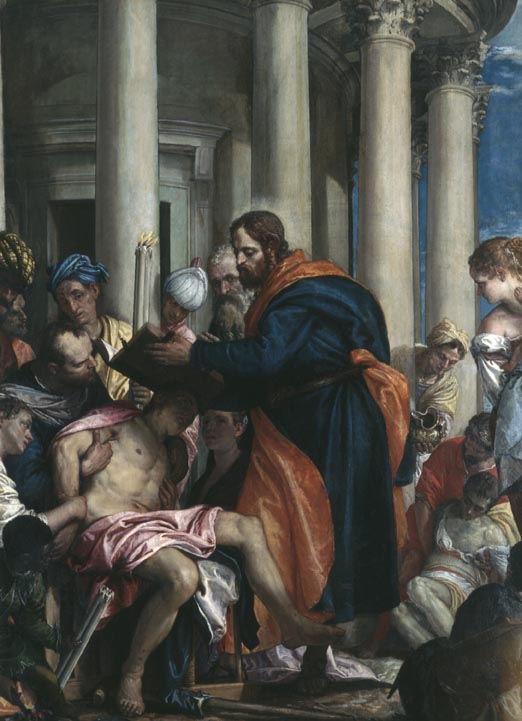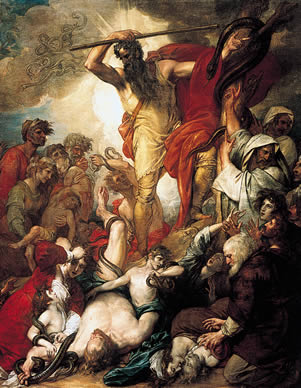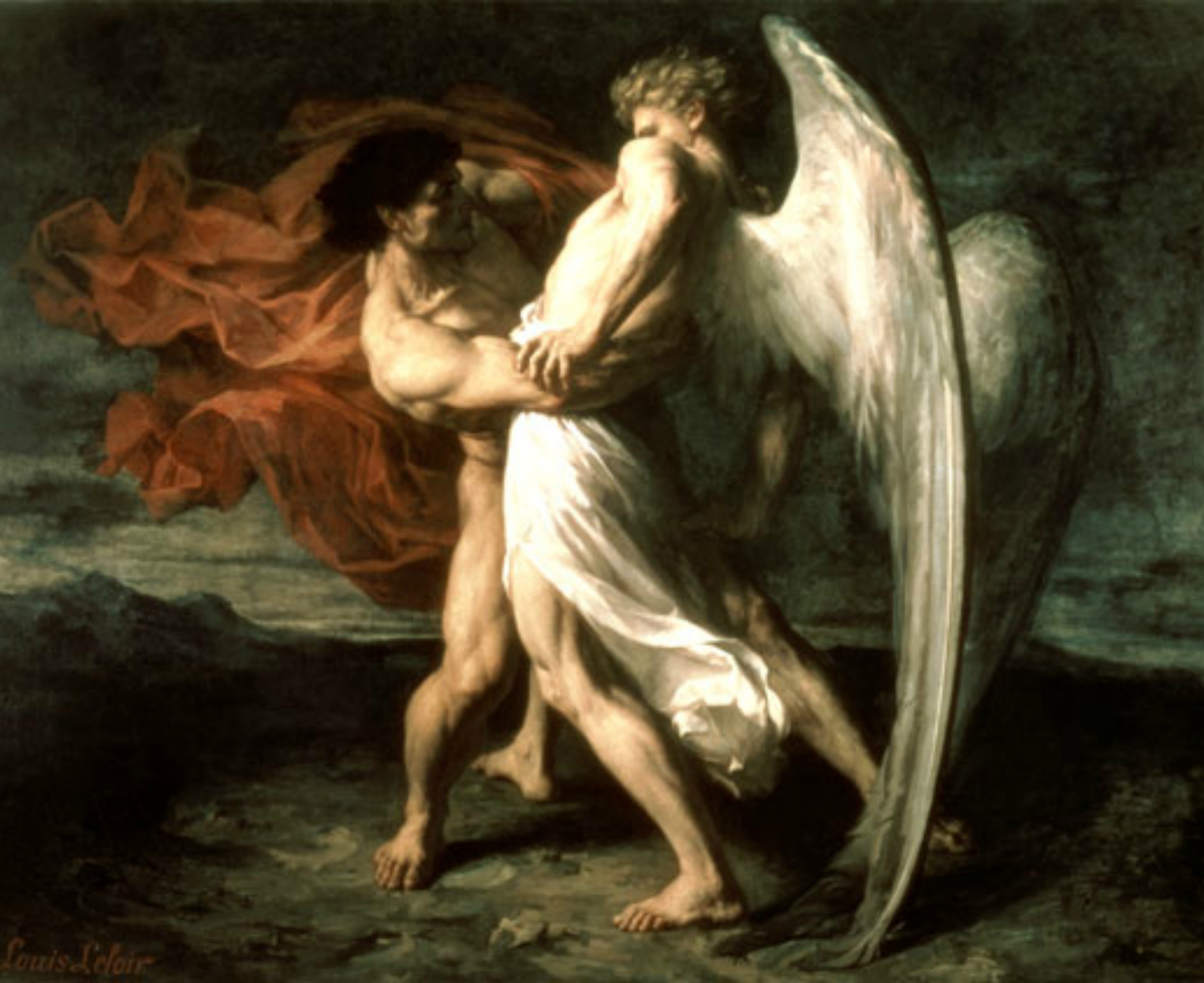
“The Dalai Lama with US President Barack Obama at the White House. . .”
According to Wikipedia, “Buddhism is one of the largest religions in the United States behind Christianity, Judaism and nonreligious.” (A BTW: The latter category raises a whole ‘nother set of issues and possibly a future blog-post or two.)
In 2012, the U-T San Diego – a daily paper published in San Diego, California with a circulation of some 250,000 on weekdays and over 400,000 on Sundays – estimated the number of Buddhists in America at some “1.2 million people, of whom 40% are living in Southern California.”
(Which explains a lot. See for example Urban Dictionary: Land of Fruits and Nuts.)
Anyway, Buddhism is based on the teachings of Siddhartha Gautama – “commonly known as the Buddha” – who lived and taught in the “eastern part of the Indian subcontinent sometime between the 6th and 4th centuries BCE” [using the pointy-headed liberal alternative to “BC,” so as not to offend]. Here’s one thing the Buddha once said that may be of interest here:
Do not believe on the strength of traditions even if they have been held in honor for many generations. . . Believe nothing which depends only on the authority of your masters or of priests. After investigation, believe that which you yourself have tested and found reasonable, and which is good for your good and that of others.
But the Apostle Paul said pretty much the same thing in First Thessalonians 5:21: “Prove all things; hold fast that which is good.” See also First John 4:1, “Do not believe every spirit, but test the spirits to see whether they are of God.” And see also Philippians 2:12, where Paul added, “Work out your own salvation, with fear and trembling.”
That part about “fear and trembling” might strike some nonreligious as the kind of “negative vibe” that is such a turn off about religion in general, and especially Christianity. But if you think about it, such “fear and trembling” makes sense. Consider the stakes; after you die, will you be eternally happy or eternal maggot food? Accordingly, what rational person wouldn’t work toward a possible afterlife with a certain amount of due diligence?
Getting back to the Christian repertoire, consider what Chief Crowfoot once said, “What is life? It is the flash of a firefly in the night. It is as the little shadow that runs across the prairie and loses itself in the sunset.” But again, in the Bible, “James the Just” said pretty much the same thing: “For what is your life? It is even a vapor, that appeareth for a little while, and then vanisheth away.” James 4:14, in the King James Version (the one God uses.)
The point of all this is pretty simple: there’s nothing in the vast panoply of religious and/or spiritual choices in America and beyond that isn’t already in the the Christian repertoire.
And speaking of Baby-boomers – those of us who came of age in the 1970s when we first started hearing about a host of exotic Eastern alternatives – consider one of the best-selling “me” books in the “me generation,” How to be Your Own Best Friend.
Considered groundbreaking at the time, there’s also nothing in it that isn’t in the “Christian repertoire.” For example, page 22 of The Scribe’s copy said that in trying to find happiness, most people look in the wrong place; “The source is not outside us; it is within.” And later, “We must realize that the kingdom is in us; we already have the key.” But that too was already in the Bible, when Jesus said, “The kingdom of God is within you.” (Luke 17:21)
Moving right along, one of the primary objectives of yoga, Zen, and those other Eastern disciplines seems first to “kill the ego.” See for example the book How to Meditate, noted previously in Spiritual boot camp. See too How to Meditate at page 55: “I will teach you the best way to say Torah. You must be nothing but an ear which hears what the universe of the word is saying in you. The moment you hear what you yourself are saying, you must stop.”
So maybe reading and studying the Bible “in the proper manner” means pretty much the same thing; losing of your “self” in study. In turn, the goal there is to become “one” with the Original Source, the Universal Mind, or what we Westerners call “God.” That seems to be what Jesus was referring to as He prayed in John 17:20-23, in the Upper Room on the evening before He was crucified, asking God’s help for those who would believe in Him:
“I ask . . . on behalf of those who will believe in me . . . that they may all be one. As you, Father, are in me and I am in you, may they also be in us, so that the world may believe that you have sent me. The glory that you have given me I have given them, so that they may be one, as we are one, I in them and you in me, that they may become completely one. . .”
And finally, that also seems to be just what one “Common Prayer” meant when it said that Christians – through the sacrament of sharing Holy Communion – are in the process of becoming “very members incorporate in the mystical body of thy Son.”
So who says Christianity can’t be “mystical?”

“The Appearance of the Holy Spirit before Saint Teresa. . .”
Sources:
Buddhism in the United States – Wikipedia, the free encyclopedia.
Buddhism – Wikipedia, the free encyclopedia.
Epistle of James – Wikipedia, the free encyclopedia.
Due diligence – Wikipedia, the free encyclopedia.
The full cite for How to be Your Own Best Friend, by Mildred Newman and Bernard Berkowitz, “with Jean Owen,” Ballantine Books (1971).
Me generation – Wikipedia, the free encyclopedia.
As to the “kill the ego” and “becoming ‘one’” quotes, see Richard Hittleman’s Guide to Yoga Meditation, Bantam Books (1969), at pages 38 et seq.
Re: “becoming one.” See especially John 17:21, John 17:22, John 17:23, and John 17:26.
As to “members incorporate in the mystical body…” See the Book of Common Prayer, at page 339.
The St. Teresa image is courtesy of the article, Mysticism – Wikipedia, the free encyclopedia. The full caption reads: “The Appearance of the Holy Spirit before Saint Teresa of Ávila, Peter Paul Rubens.” As noted in some previous posts, the terms “mystic” or “mysticism” seem to throw Southern Baptists and other conservative Christians into apoplexy. (“Try it sometime!!!”) But seriously, the term mysticism originally “referred to the biblical, the liturgical and the spiritual or contemplative dimensions in early and medieval Christianity.” (Talk about “original intent. . .”) Further, an internet search will lead to the definition of “mystic” as “a person who seeks by contemplation and self-surrender to obtain unity with or absorption into the Deity or the absolute. . .”
See also Teresa of Ávila – Wikipedia, the free encyclopedia, which noted in pertinent part, “Teresa’s writings, produced for didactic purposes, stand among the most remarkable in the mystical literature of the Catholic Church.” And that’s not to mention Thomas Merton – Wikipedia, the free encyclopedia, the “American Catholic writer and mystic” who “authored books on Zen Buddhism and Taoism” such as Zen and the Birds of Appetite.












 Wikipedia
Wikipedia For some answers to these questions see
For some answers to these questions see 

 In turn the very first Book of Common Prayer was published in England in 1549, and is “one of the underpinnings of modern English:”
In turn the very first Book of Common Prayer was published in England in 1549, and is “one of the underpinnings of modern English:”





